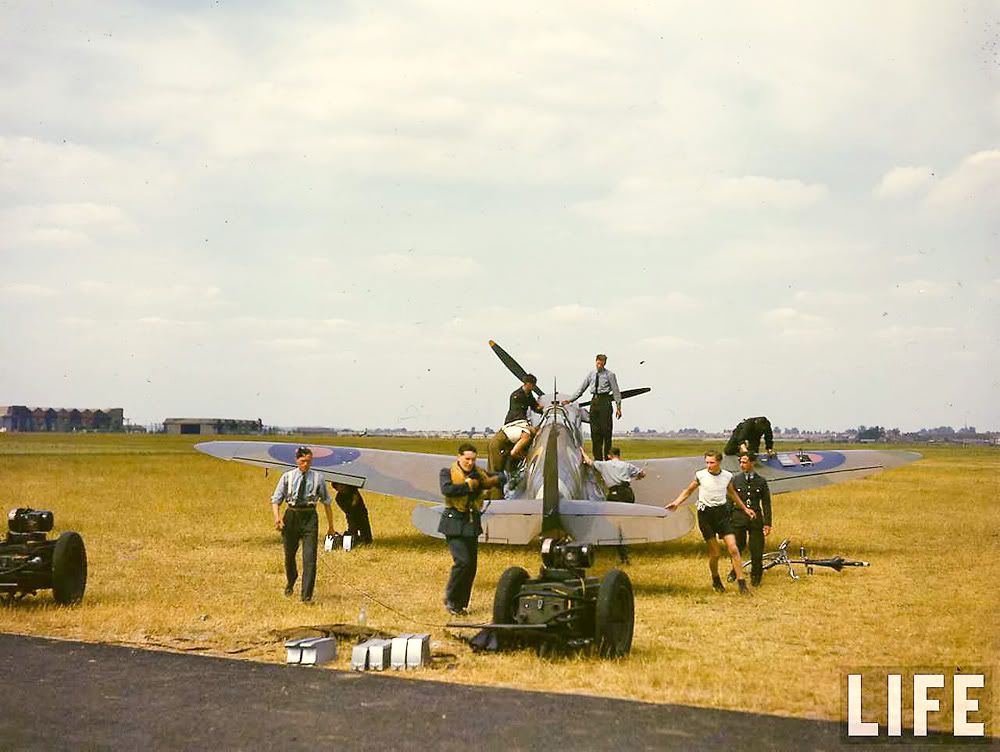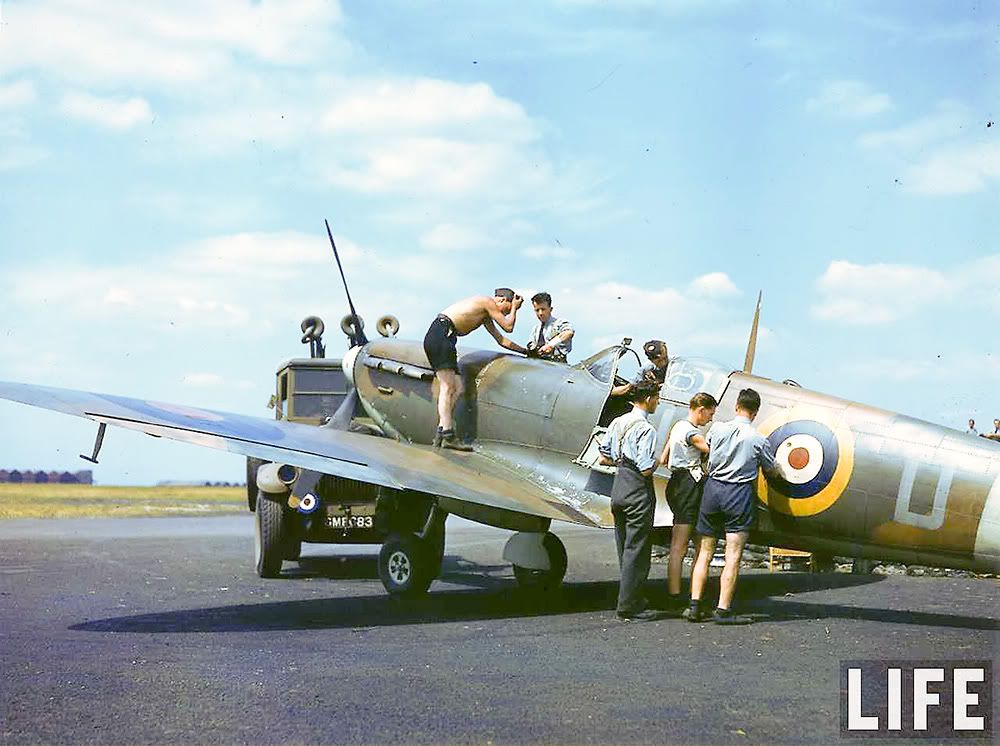Part 63.
December, 1940
ATTACK ON MANNHEIM
BY A SQUADRON LEADER
The speaker, a Squadron Leader in one of our heavy Bomber squadrons, describes a recent raid on Mannheim which has lately received a great deal of attention from the R.A.F. He holds the D.F.C., awarded for his work on the night of the attack on Munich.
THE operation the other night against Mannheim was on a pretty big scale; aircraft from a number of squadrons were operating. The general idea was to send in the early ones with incendiaries so as to light up the target, then for the main force to come along with heavy stuff. The operations of the main force incidentally were spread over a period of six or seven hours.
The station commander had a word with the captains and crews before we left. He said he was expecting some very good results. He also mentioned that, as there would be a lot of aircraft con�centrating on Mannheim, he wanted us to go in, bomb and come out again as quickly as possible.
We left at regular intervals. It was important to keep strictly to the scheduled take-off times because of working in with the other stations, so as to make the bombing a more or less non-stop affair once it started.
Just when we were due to get away it started raining cats and dogs. One could just see a few blurs of light indicating the flare-path and that was all�rather like driving a car in heavy rain without a windscreen wiper, only more so, if I may put it that way.
However, we all got off all right. The cloud base was at a thousand feet, and we had to climb up to get through it. We were climbing rather slowly, too, because we were carrying a heavy load. Once we got above the clouds, we were in bright moonlight and the navigator got his sextant out and started taking Astro sights to check up on our position. Normally, when you cross the Dutch coast you reckon to get a bit of flak thrown up at you but this time, being still above cloud, we got nothing at all.
We flew on, keeping straight and level. Then, fifty miles inside the Dutch coast, the cloud cleared and we saw the ground for the first time since we'd taken off.
Altogether, it was a very uneventful trip out. In Germany they'd had a fall of snow which was quite a help to navigation. When you have a light fall, as this was, the important things� woods and rivers, lakes and towns and villages�all stand out much clearer, and so, with the moon very bright, we pin-pointed ourselves quite easily as we went along.
We were some distance from Mannheim when the front-gunner reported heavy flak ahead. We were then about ten minutes away heading straight for it and we knew it must be Mannheim. The stuff was coming up in bursts and then dying away, then breaking up again, spasmodically.
I told the navigator to prepare for bombing and he came up into the bomb aimer's position in the nose of the aircraft with his map. Having done that, he had to check up on the bomb switches, select his bombs, and we determined the length of the stick. One can drop a widely spaced stick or a close one. This time I had decided on a very close one.
As we approached, I could see fires already well under way, and it was obvious that the blitz was in full swing. We picked up the Rhine, followed the river up and then started to take avoiding action because there was quite a lot of flak, mostly light stuff, coming up. It's all tracer, this light stuff and you can see strings of it coming up.
The flak seemed to be pretty continuous by now. When it gets like that, one just goes through it, doing evasive stuff. I don't think flak deters any of the fellows from carrying out the job. One sometimes sees German reports of the barrage turning our aircraft back. In my opinion, that's just nonsense. As we got a bit closer, the navigator called out "Ready", and I levelled out and opened the bomb doors. You only do that at the last minute because when they are open it makes the aircraft drag a bit, so you open the throttles a little to compensate the slight loss of speed.
You tell the navigator "Bomb doors open, master-switch on," and he repeats that back to you. He will probably make a few corrections to course�"left, left, right, right, steady," and so on�and when he's bombed he calls out "Bombs off".
As a matter of fact you can feel the bombs go. You get a slight lift in the aircraft and it immediately becomes much more lively. I must say, I always find it a bit of a relief directly they've gone and one knows that one's done the job one was sent out to do. Well, on this occasion everything went normally and as soon as the bomb aimer said "O.K., sir, bombs burst," I put the aircraft into a steep turn to let the crew have a look. There were three groups of huge red fires burning down below and spirals of heavy black smoke rising above the town. The fires were increasing in intensity all the time. Then, we set course for home, we could see other people bombing as we came away. I told my rear gunner, as I always do, to note the time when he could no longer see the fires, and we were about sixty miles away when he called out and said he'd lost them. Nothing very much happened on the way back. Coming down through the clouds over the North Sea we started to get iced up a bit. Pieces of ice were threshing off the air-screw and coming through the fabric of the fuselage, but we got back without any real trouble. Everybody had seen much the same sort of thing as we had�fires and still more fires �and the general feeling in the squadron was that the show had been a great success.
A couple of Spitfire pics I�ve just stumbled across:

Re-arming.

Re-fuelling.